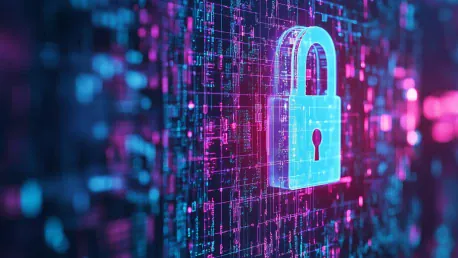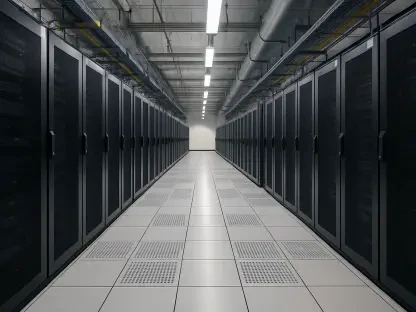Battery Energy Storage Systems (BESS) have become pivotal in contemporary energy grids, providing indispensable services such as balancing supply and demand and integrating renewable energy sources. Their escalating importance has rendered them prime targets for cyber-attacks, posing significant threats to the stability and reliability of energy infrastructures. The cybersecurity of these systems is paramount, as any compromise can lead to severe disruptions, ranging from localized outages to extensive economic and infrastructural damages. Given this context, understanding and implementing protection mechanisms for BESS against cyber threats has become one of the most critical challenges facing the energy sector today.
Vulnerabilities of Battery Energy Storage Systems
BESS are inherently susceptible to various cyber threats due to their interconnected nature with other grid components. Unauthorized access, malware, ransomware, and other malicious activities can exploit these systems’ weaknesses, particularly if dependent on outdated software and inadequate security protocols. The integration of BESS into the broader energy network creates numerous entry points for potential attackers, making it essential to establish and enforce stringent security measures. The sophistication of cyber-attacks continues to evolve, necessitating continuous updates and enhancements to offset new threats.
Another critical facet of BESS vulnerability lies in the lack of standardized security measures across different systems and operators. Without uniform security protocols, the risks are amplified as inconsistent measures create weaknesses that can be exploited. Furthermore, many existing BESS lack comprehensive cybersecurity provisions due to their relatively recent deployment and the speed at which technology has advanced. As a result, these systems may not have been designed with contemporary cyber threats in mind, thus highlighting the urgent need for their modernization and fortification against breaches.
Strategies to Enhance Cybersecurity in BESS
To protect BESS from cyber threats effectively, implementing robust encryption techniques is imperative. Encryption serves as a first line of defense, ensuring that even if data is intercepted by malicious actors, it remains unintelligible and unusable. Regular software and firmware updates are crucial in addressing vulnerabilities, as they incorporate patches and improvements that mitigate identified security issues. Updates should be performed diligently and uniformly across all interconnected systems to maintain a cohesive defense strategy.
Incorporating advanced technologies such as Artificial Intelligence (AI) and Machine Learning (ML) for real-time threat detection and response is also essential. These technologies can analyze vast amounts of data, identifying anomalies and potential threats faster and more accurately than human operators. By leveraging AI and ML, cybersecurity measures can adapt dynamically to the ever-changing landscape of cyber threats, providing a proactive rather than reactive stance in defense mechanisms. The integration of such technologies requires significant investment, but the potential cost of neglecting this aspect far outweighs these initial expenditures.
Collaboration and Standardization
One of the overarching trends in bolstering BESS cybersecurity involves collaboration across different sectors. A concerted effort involving government bodies, grid operators, and cybersecurity professionals is necessary to establish and enforce stringent security standards. Governments can play a pivotal role by setting regulatory frameworks that mandate minimum security measures, provide funding for cybersecurity research, and facilitate information sharing among stakeholders.
Standardization of security measures is crucial in creating a unified defense front. By adopting standardized protocols, the energy sector can ensure consistent protection levels across different systems and operators, thereby reducing the risk of exploitation. Training personnel and raising awareness about cybersecurity threats and best practices also form a fundamental part of strengthening defenses. Regular drills, continuous education, and fostering a culture of cybersecurity vigilance are vital in maintaining a staunch defense posture.
The Path Forward
Battery Energy Storage Systems (BESS) have become crucial components in modern energy grids, offering essential services like balancing supply and demand and integrating renewable energy sources. Their growing significance has made them attractive targets for cyber-attacks, which pose grave risks to the stability and reliability of energy infrastructures. Ensuring the cybersecurity of these systems is extremely important, as any security breach can result in major disruptions, ranging from localized power outages to widespread economic and infrastructure damages. With this reality, comprehending and implementing robust protection mechanisms for BESS against cyber threats has emerged as one of the most crucial challenges the energy sector faces today. Addressing these challenges is vital to maintaining the integrity and efficiency of our energy systems and ensuring a reliable power supply in the face of increasing cyber threats.









